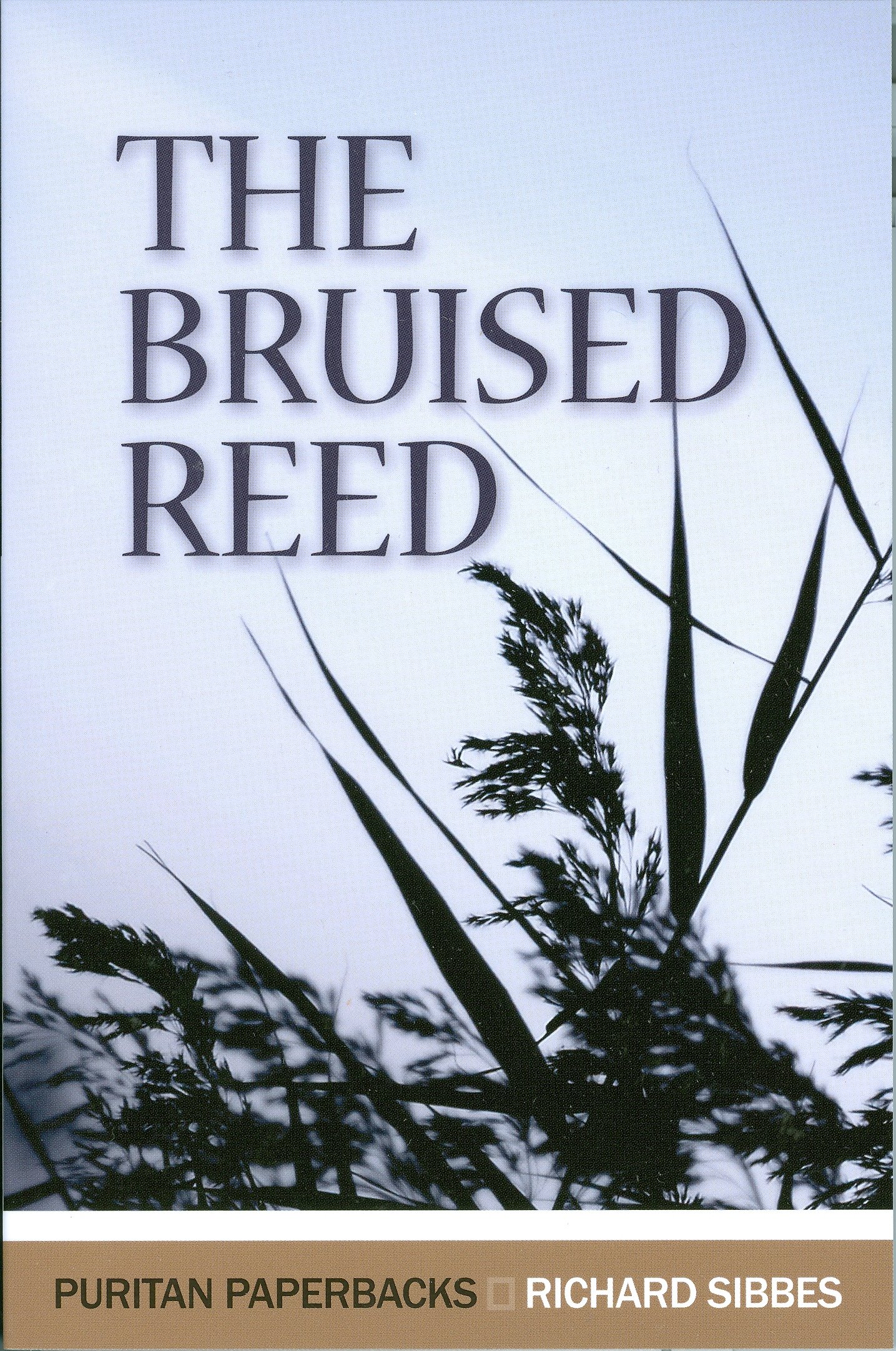 I have read many books in my three plus decades of life. My favorite is still The Monster at the End of This Book. It’s pretty hard to top that classic. I’m certain that in some way every book I’ve read has shaped me. But not all of them have been incredibly memorable. I can still remember the main gist of most of the books I’ve read, but that isn’t true of chapters. Yet there are some chapters which have absolutely shaped and changed me. To this end, I agree with John Piper’s statement: “Books don’t change people, paragraphs do — sometimes sentences.”
I have read many books in my three plus decades of life. My favorite is still The Monster at the End of This Book. It’s pretty hard to top that classic. I’m certain that in some way every book I’ve read has shaped me. But not all of them have been incredibly memorable. I can still remember the main gist of most of the books I’ve read, but that isn’t true of chapters. Yet there are some chapters which have absolutely shaped and changed me. To this end, I agree with John Piper’s statement: “Books don’t change people, paragraphs do — sometimes sentences.”
What I’m going to do over the next few weeks, likely on Friday, is share with you ten chapters which have shaped me. Obviously what has shaped me more than anything are the words of Scripture. But what I intend to do here are share ten chapters which are from borrowed lights. It’s my hope that this will inspire you to pick up these books and at least read these life-shaping chapters.
Chapter 5 of The Bruised Reed by Richard Sibbes
One of the top five books that I’ve read has to be Sibbes’ The Bruised Reed. It’s beaten me up as well as been a balm to my soul. The most influential chapter for me has definitely been his fifth chapter. The Bruised Reed is an exposition of Matthew 12:18-20. Sibbes writes in a time when the Church of England is being fractured and many faithful preachers of Jesus are leaving Anglicanism because they are frustrated with the slow reform. Some of the preachers, like Sibbes, stayed with the hopes of seeing reformation happen from within.
Just as it happened during the writing of 1 John, so also during the time of Sibbes, this inner turmoil and conflict caused many believers to wonder whether or not they were actually saved. When some well respected Christian leaders were dropping the gauntlet and claiming the Church of England as apostate, that left many who stayed to be a bit dejected. Add to this the introduction of the practical syllogism and you have many of Sibbes’ audience questioning whether they truly have an interest in the blessings of Christ. The Bruised Reed is written to give assurance.
I first read The Bruised Reed back in 2008 when Tim Brister led a Puritan reading challenge. It became immediately life shaping. This was a period in my life when the Lord was beginning to really mellow me out as a theologian. In 2008 when I commented after reading this chapter I wrote, “After reading this chapter, if I were a web designer I would craft a picture of my rear and Richard Sibbes kicking it.” I was a cage-staged Calvinist back around this time but the Lord used works like this chapter to give me much needed balance.
I think it was the first paragraph in this chapter which really shaped my ministry:
Preachers need to take heed therefore how they deal with young believers. Let them be careful not to pitch matters too high, making things necessary evidences of grace which agree not to the experience of many a good Christian, and laying salvation and damnation upon things that are not fit to bear so great a weight. In this way men are needlessly cast down and may not soon be raised up again by themselves or others. The ambassadors of so gentle a Saviour should not be overbearing, setting up themselves in the hearts of people where Christ alone should sit as in his own temple. Too much respect to man was one of the inlets of popery. `Let a man so account of us, as of the ministers of Christ’ (1 Cor. 4:1), neither more nor less, just so much. How careful was Paul in cases of conscience not to lay a snare upon any weak conscience. (Sibbes, 26)
This hit me like a ton of bricks. I had been guilty of doing the very thing Sibbes warned against. I think in my own insecurity I was pitching matters far too high. I wasn’t reflecting the gentleness of Christ. And so the Lord used this to redirect the way I was doing ministry. I would recommend this chapter for anyone who is in ministry. In fact this is required reading anytime I’m doing training for pastoral ministry.
You can pick up the book pretty inexpensively.